Innovations future-proofing fashion
– The positive impact seven disruptive solutions can have on the planet.
H&M Foundation and Fotografiska Stockholm are exhibiting seven ground-breaking innovations that are transforming fashion. In addition, our partner Accenture has estimated the positive impact each one of them can have on the planet in 2030, if given adequate support and opportunity to scale.*
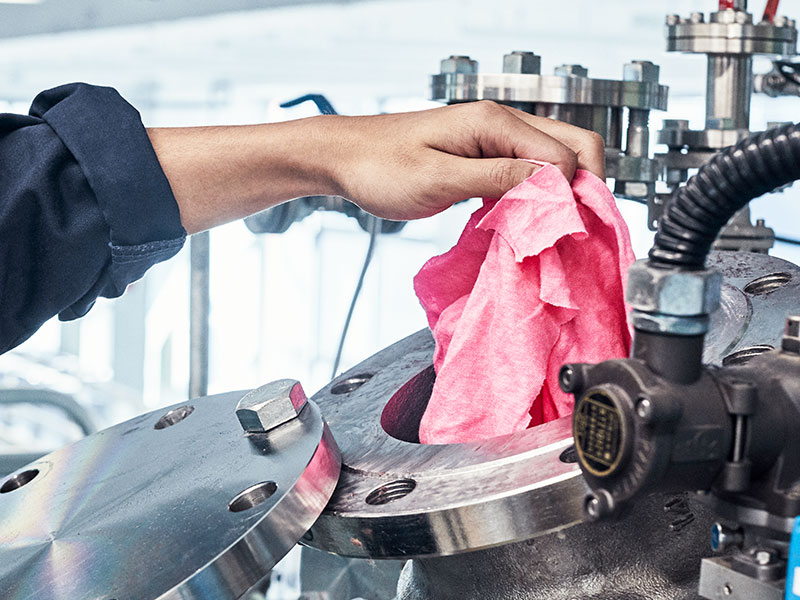
Green Machine
The first technology for recycling blend textiles at scale uses a simple process that combines heat, water, pressure, and a biodegradable green chemical that separates a garment’s fibres into re-usable polyester and cotton cellulose.
Green Machine’s potential 2030 impact on:
- Circularity: Creates high-quality upcycled polyester perfect for making new garments.
- Land: Saves 7,200 tons of fabric from landfills.
- Efficiency: Improves production efficiency by localising material sourcing, sewing, and cutting.
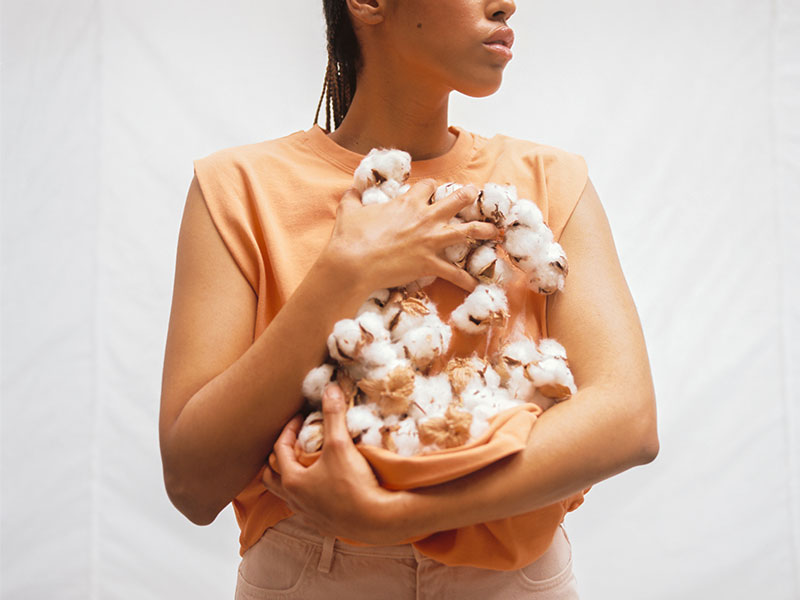
Absorboost
Absorboost, he cotton cellulose powder generated from Green Machine’s recycling process works as a chem-free, superabsorbent fertiliser for cotton plants. The powder can be planted with the cotton plants and it absorbs the water, keeping the plant moist a longer time, and the yield of cotton plant improves radically.
Absorboost’s potential 2030 impact on:
- Water: Saves 71 million litres in cotton production.
- Ethics: Improved yield of cotton with 20 per cent, increases farmers profit.

VEGEA
VEGEA contributes to a planet positive fashion future by making a soft, smooth, and stable vegetal leather alternative out of leftovers from wine production.
VEGEA’s potential 2030 impact on:
- Climate: Reduces 1,200 metric tons of fossil fuels raw materials annually in 2030. Comparable to 4 million pairs of shoes produced without fossil fuel raw material.
- Ethics: No animal handling.
- Customer Experience: Fashionable and animal friendly leather-like material.
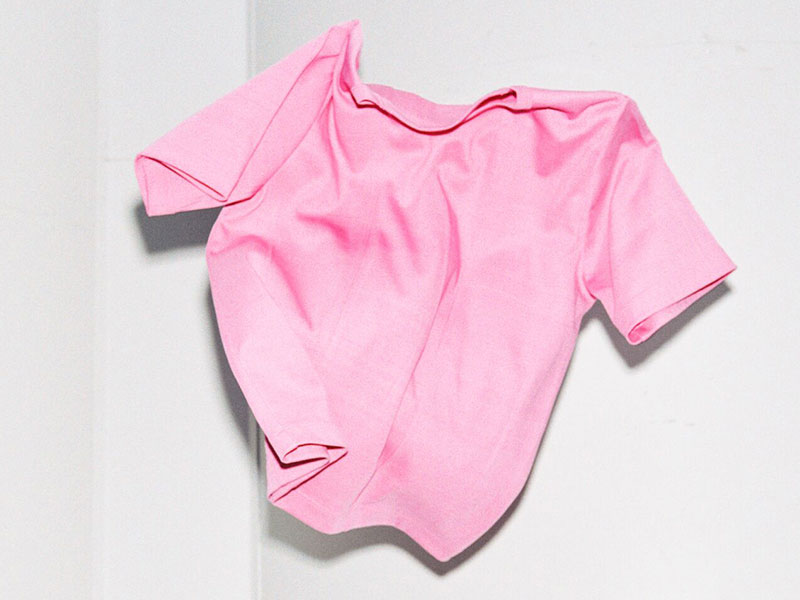
Fairbrics
By trapping carbon dioxide from the air, activating it and transforming it into polyester-like pellets, a new Fairbrics item reduces the amount of greenhouse gas in the atmosphere.
Fairbric’s potential 2030 impact on:
- Climate: Reduces 720,000 metric tons of CO2 emissions annually in 2030. Comparable to the total life-cycle emissions of 120 million polyester T-shirts.
- Circularity: No usage of fossil fuels.
- Speed & Agility: Shorter and more efficient supply chain for producers.
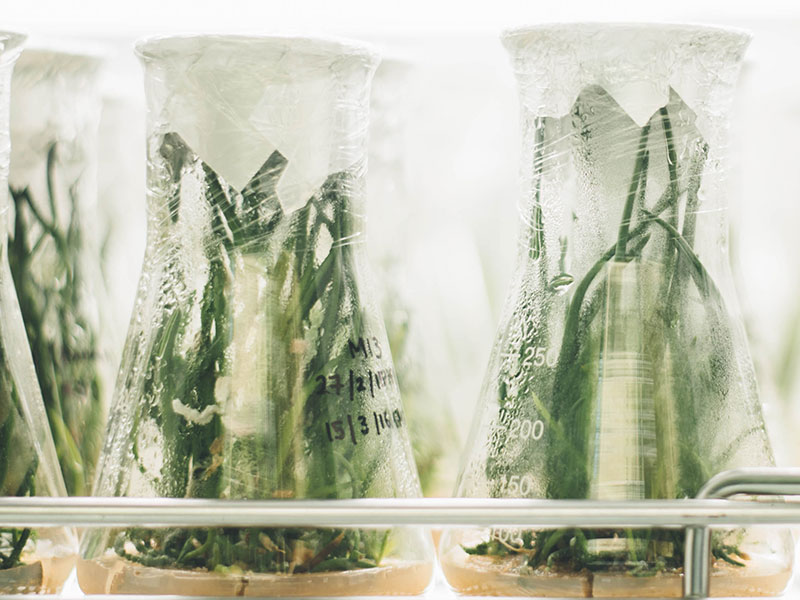
GALY
GALY is a new generation of cotton that grows from cells in labs that can be located anywhere in the world. It saves land, doesn’t depend on the weather, creates a fraction of the greenhouse gases, and uses 80 per cent less water than conventional cotton.
GALY’s potential 2030 impact on:
- Water: Saves 330,000 million litres by reduced water usage, equivalent to 130,000 full Olympic-size swimming pools.
- Biodiversity: Decreases and controls the use of pesticides and toxins through production in closed-loop labs.
- Speed & Agility: Creates reliant harvests that grow ten times faster than conventional cotton, don’t depend on the weather or are affected by climate change.
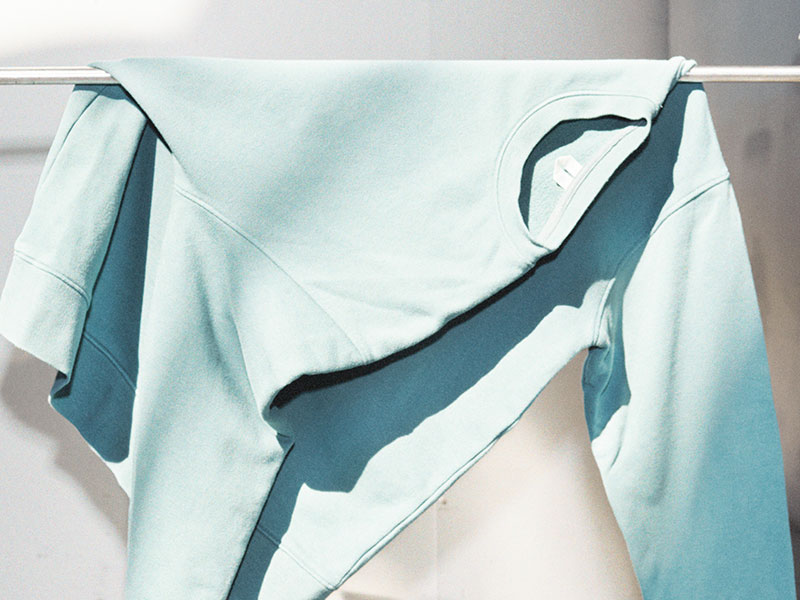
Circular Systems
Crop waste from the food industry is often burned or left to rot, generating massive air pollution and greenhouse gas emissions. Circular Systems makes the waste wearable by crafting or recycling it into natural fibres, yarn and fabric ideal for creating sportswear fabrics, sneaker canvas and durable denim.
Circular System’s Texloop Recycling potential 2030 impact on:
- Climate: Reduces 30,000 tons of carbon dioxide by decreasing the use of virgin materials. That’s equivalent to the emissions from 6,000 cars driven during an entire year.
- Water: Saves 80,000 million litres, which is the same amount 115 million people drink during a year.
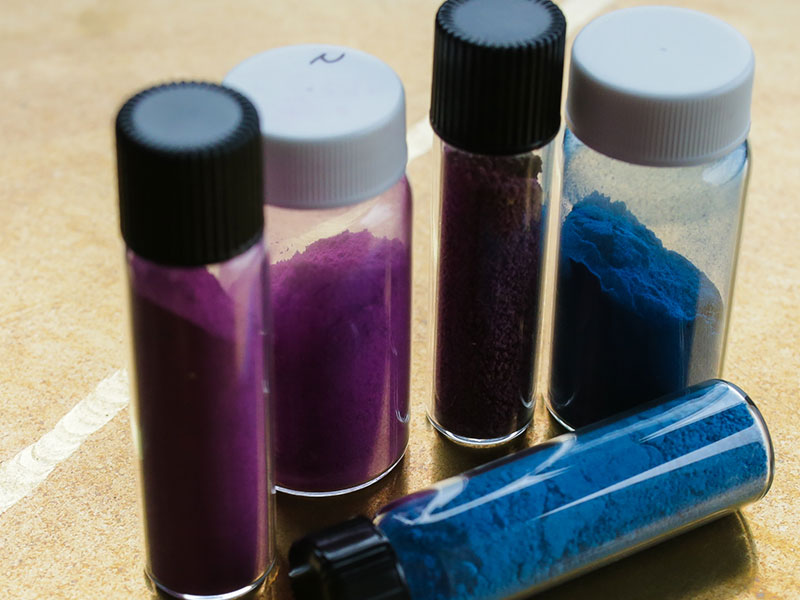
Algaeing
Algaeing uses algae to create waste-free, renewable, and biodegradable textiles and textile dyes. The sea organism is turned into bio-fibres that are a perfect option to cotton or polyester. Bonus effect: clothes made and dyed in Algaeing releases vitamins and antioxidants that the wearer’s skin picks up.
Algaeing’s potential 2030 impact on:
- Water: Saves 2,700 million litres of polluted water in 2030 compared to conventional textile production. That’s comparable to the water usage in production for 1 million cotton T-shirts.
- Biodiversity: Replaces toxins and chemicals across supply chains with eco-friendly algae formulation.
* Accenture Impact Potential
The impact potentials and other statistical, quantitative and other information supplied by Accenture consist of estimates and are not intended to be statements of fact or recommendations regarding any specific innovation. The estimates contained herein involve the exercise of judgment and the making of numerous assumptions that may or may not prove accurate and such estimates may or may not agree with actual or realized values for the relevant innovations. Accordingly, Accenture hereby disclaims any representation or warranty as to the accuracy, fitness, utility or application of the information contained herein for any purpose, including for the purposes of making an investment decision.
